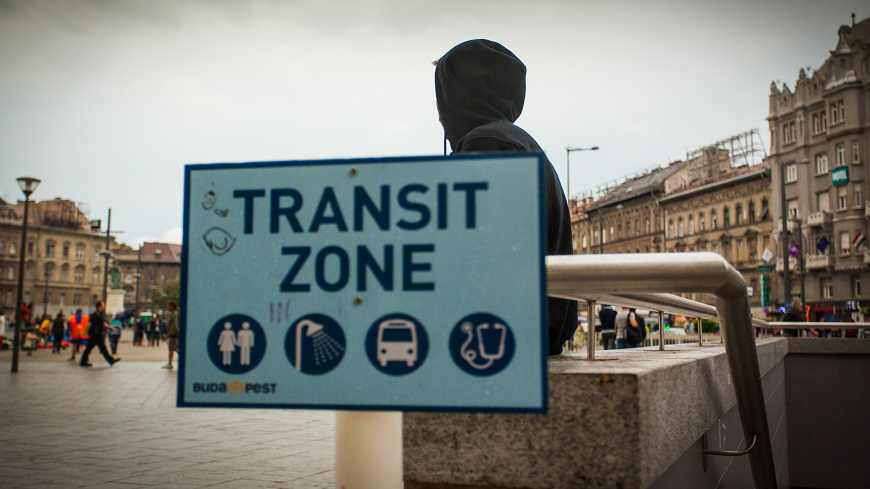The Committee of the Parties to the Council of Europe Convention on the protection of children against sexual exploitation and sexual abuse (Lanzarote Committee) adopted its special report “protecting children affected by the refugee crisis from sexual exploitation and abuse” on 3 March 2017. The report presents a comparative analysis of the situation in the Parties to the Lanzarote Convention, highlights promising practices, pinpoints the shortcomings and recommends steps to improve the situation.
Non-comprehensive data collection, inadequate reception conditions, problems with age verification and with identification of victims are among the key challenges identified in the report.
In a letter to Hungarian Prime Minister Viktor Orbán, Claude Janizzi, the Chairperson of the Lanzarote Committee, expressed his concern that the recently enacted law – “On the amendment of certain acts related to increasing the strictness of procedures carried out in the areas of border management” – will negatively impact on the application of the Lanzarote Convention, to which Hungary is party. Unaccompanied asylum-seeking children between 14 and 18 are now considered as adult asylum applicants, and placed in transit zones, which increases the risk of their becoming victims of sexual exploitation and sexual abuse.
The Ad hoc Committee for the Rights of the Child held its 2nd meeting at the Council of Europe on 29-31 March 2017, which was attended by civil servants and ombudspersons from member States, as well as representatives of observer States, other Council of Europe bodies, international organisations - such as the Fundamental Rights Agency, UNICEF and the UNHCR - and civil society. As part of its mandate related to the development of standards on age assessment and guardianship to provide appropriate safeguards to children in the context of migration, the Committee held a discussion on the draft outline of a legal instrument on guardianship for children in migration who are deprived of parental care; the preliminary findings of the draft report on member States’ age assessment policies, procedures and practices were also presented. The Special Representative of the Secretary General on Migration and Refugees addressed the Committee to give an update on his current work. He presented the findings of his fact-finding mission to Italy in October 2016 and his thematic report on migrant and refugee children, focusing on issues related to the lack of appropriate age-assessment measures, the lack of effective guardianship systems for children, the lack of access to information and education, alternatives to detention and inadequate living conditions in camps.


